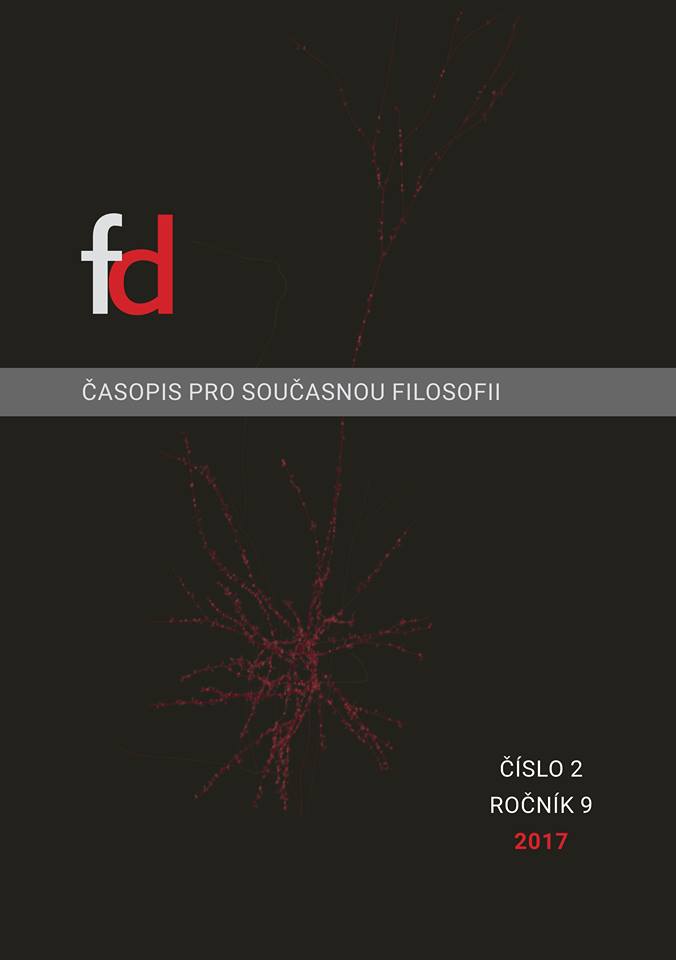Russellian Monism as a Self-Standing Metaphysical Position
DOI:
https://doi.org/10.26806/fd.v9i2.259Abstract
The paper critically discusses the treatment of Russellian monism in Tomáš Hříbek’s monograph Jaké to je, nebo o čem to je? (What It’s Like, or What It’s About?). According to Hříbek, Russellian monism, the approach to phenomenal consciousness inspired by the insights of Bertrand Russell, is not a real alternative to materialism, dualism and idealism. I argue that Russellian monism, on the contrary, can be viewed as a self-standing philosophical position which, moreover, avoids the main problems of these traditional approaches. I first address the objection that the fundamental entities of neutral monism have a mental, rather than neutral nature. In connection with neutral monism, I also express some worries concerning Hříbek’s via negativa definition of physicalism. Thereafter I explain why the causal closure of the physical which poses a serious difficulty for dualism is not a problem for Russellian monism and emphasize that Russellian monism is able to tackle challenges, such as the conceivability argument and the knowledge argument, better than materialism. While then Russellian monism has certain affinities with materialism, dualism and idealism, it avoids the most serious challenges for these approaches and we therefore have a good reason to
view it as a self-standing and promising approach to phenomenal consciousness.
Downloads
Published
Issue
Section
License
Authors who publish in this journal agree that:
1. Authors retain copyright and guarantee the journal the right of first publishing. All published articles are licensed under the Creative Commons Attribution license, which allows others to share this work under condition that its author and first publishing in this journal was acknowledged.
2. Authors may enter into other agreements for non-exclusive dissemination of work in the version in which it was published in the journal (for example, publishing it in a book), but they have to acknowledge its first publication in this journal.
3. Authors are allowed and encouraged to make their work available online (for example, on their websites) as such a practice may lead to productive exchanges of views as well as earlier and higher citations of published work (See The effect of open access).


